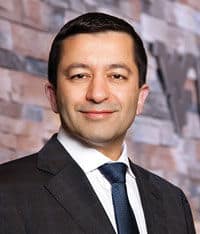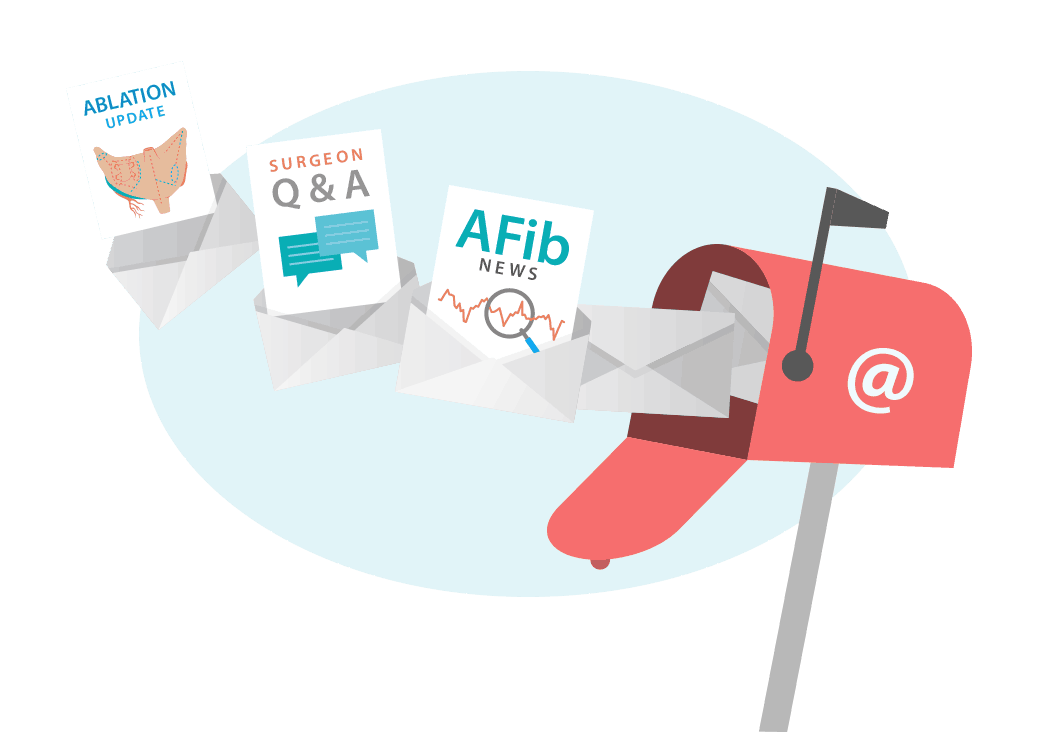With Dr. Vinay Badhwar from WVU Heart & Vascular Institute; June 10, 2019
Dr. Vinay Badhwar, MD, FACS, FACC, is the Executive Chair at the WVU Heart & Vascular Institute in Morgantown, West Virginia. In addition to his robotic mitral valve repair specialty, Dr. Badhwar is widely known for his research and clinical experience with atrial fibrillation. In fact, Dr. Badhwar was the lead author on The 2017 Society of Thoracic Surgeons Guidelines which recommends surgical ablation during concomitant procedures.
Watch this video to learn why Dr. Badhwar uses the Cox-Maze IV procedure for patients who present with heart failure symptoms associated with atrial fibrillation.
The key highlights of Dr. Badhwar's interview include:
- Patients with valve disease, coronary artery disease and atrial fibrillation often have some form of heart failure.
- Dr. Badhwar uses the Cox-Maze IV procedure to restore sinus rhythm and, in some instances, eliminate heart failure symptoms.
- Short- and long-term follow-up is a critical element of Dr. Badhwar's practice.
- Many patients no longer require anticoagulant therapy following successful surgical ablations.
Video Transcript
For the hearing impaired members of the AFibSurgeons.org community, we have provided a written transcript of Dr. Badhwar's video below:
When we see patients that come with valvular heart disease, coronary artery disease and atril fibrillation, they often manifest with some degree of heart failure. Is that heart failure solely directed to the primary pathology? More than likely, yes.
There is some component of that and sometimes the majority of the component of those symptoms that are atrial fibrillation related. When one addresses the atrial fibrillation at the time of surgery through a Cox-Maze IV procedure and you exclude or eliminate the left atrial appendage from circulation, not only do you get more physiologic function with restoration of sinus rhythm, which has been shown countless over the course of the last decade that these patients do much better acutely and long term, you’ve got patients coming back to your office compared to ones that have never received a surgical ablation radically different.
These patients have no heart failure symptoms. For the first time in their lives they are ambulating well and basically restorative in their physiology. In our program we don’t anticoagulate patients, albeit somewhat within the guideline framework, but our patients without anticoagulation come back and are new. They’re so appreciative. Then you see it long term because it’s very important to follow these patients. In that follow up at the 6-month mark, 9-month mark, 12 months and up to 5 years, I follow every single one personally and you see their evolution in their lives. That’s a major impact.


